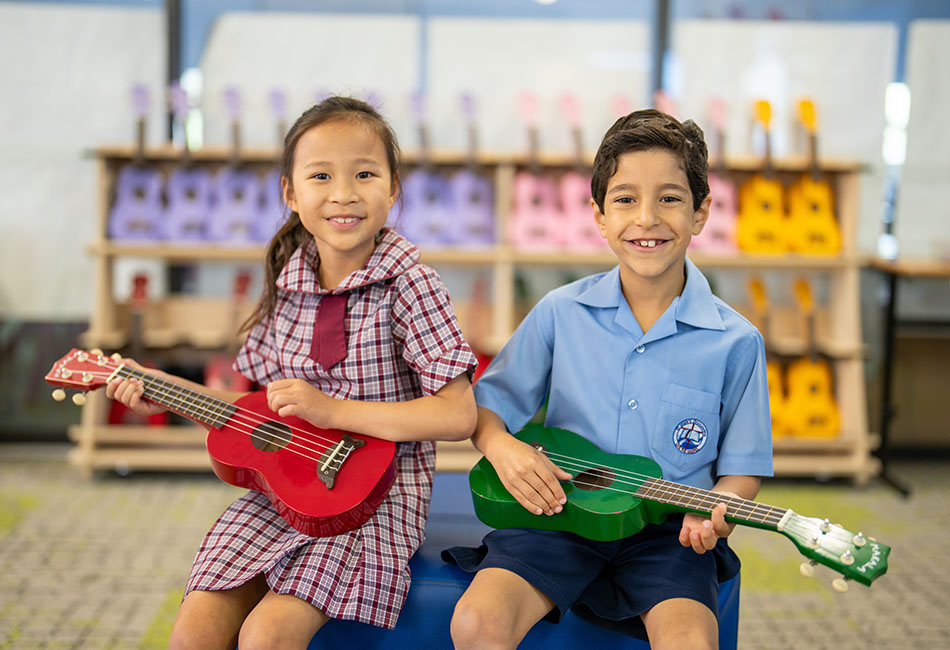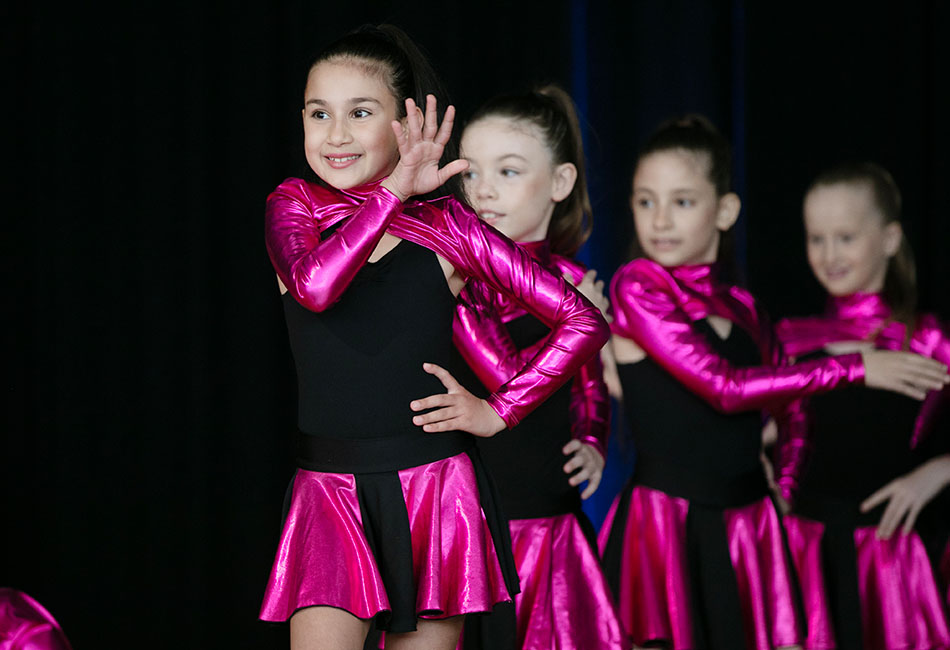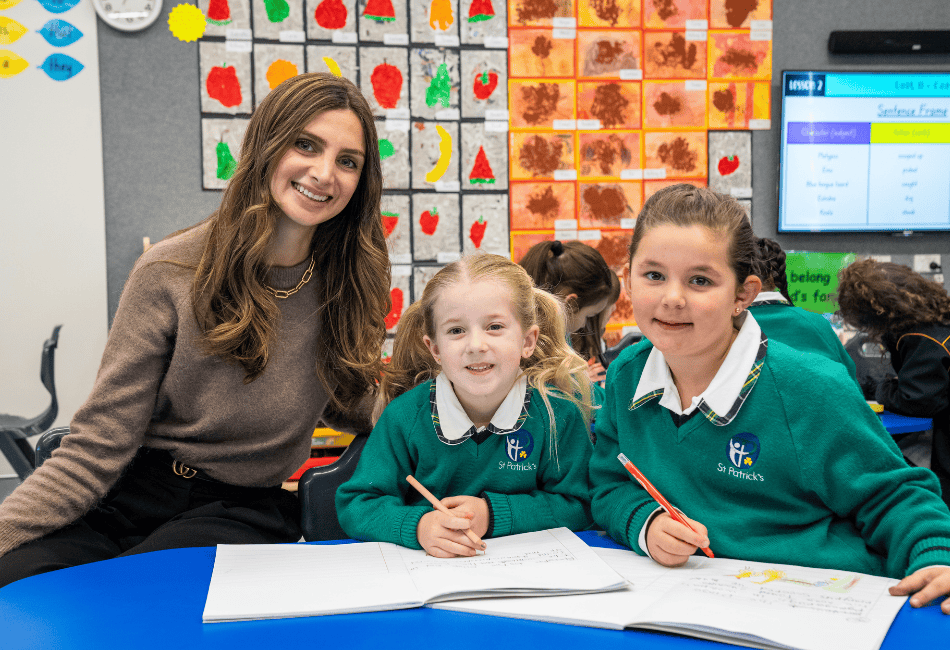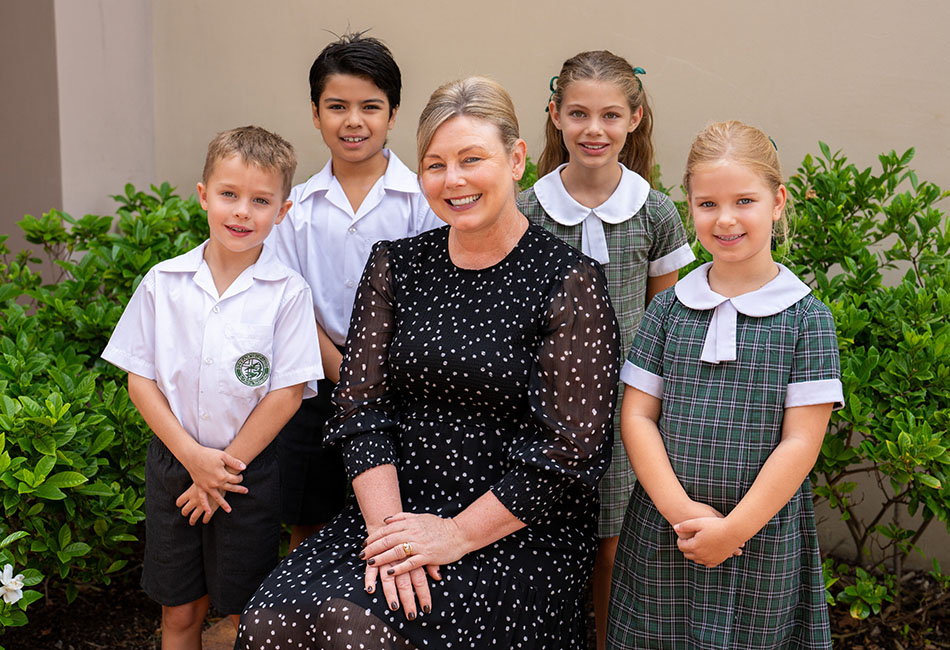Music is more than just learning scales or hitting the right notes. It unlocks creativity, fuels curiosity, and gives students a powerful outlet to express who they are.
Whether it’s banging on a drum kit or mastering a violin solo, music helps students thrive. And the best part? The benefits don’t fade when the final note ends.
Here’s why music deserves a starring role in every student’s school journey.
It gives the brain a full workout
Think of music as a gym for the brain. When students learn to play an instrument or read sheet music, they’re firing up parts of the brain linked to memory, mathematics, and language.
According to a 2024 study by the University of Adelaide, music education leads to enhanced cognitive, social and emotional development, better academic performance across other subjects, and reductions in stress and anxiety.
Every time a student claps in rhythm, learns a new chord, or decodes sheet music, they’re sharpening critical thinking and problem-solving skills. It’s multitasking at its finest.
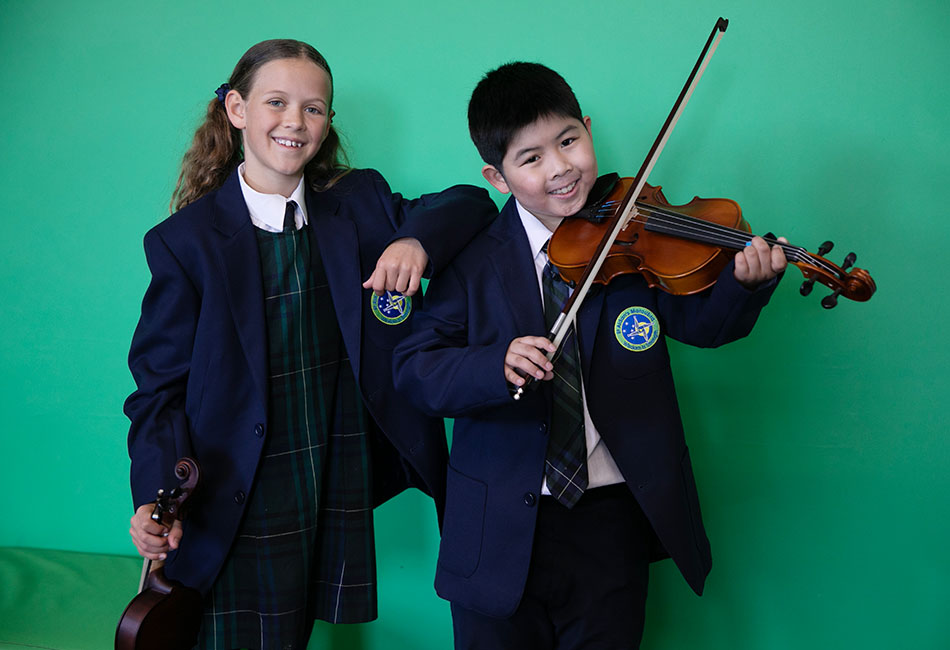
It builds confidence and emotional intelligence
Music helps kids express themselves, work as a team, and build confidence. Standing up to perform, even in front of a small group, takes courage. Learning a tricky song and finally getting it right? That’s resilience in action.
Eva Spata, Supervisor: Performing and Visual Arts Curriculum at Sydney Catholic Schools (SCS), says performing helps students get comfortable being seen and heard, skills that come in handy way beyond the school auditorium.
“Music education from an early age can develop students’ self-expression and increase their motivation to learn. They’re not just learning notes, they’re learning to take risks and communicate their feelings,” she says.
It teaches the art of not giving up
Music takes practice. And more practice. And probably a few squeaky notes and missed beats along the way. But that’s the beauty of it! Learning an instrument teaches kids how to stick with something, even when it’s hard.
They learn patience, discipline, and the joy of finally nailing that tricky part. It’s a great reminder that effort matters — and that progress and persistence can be pretty sweet.
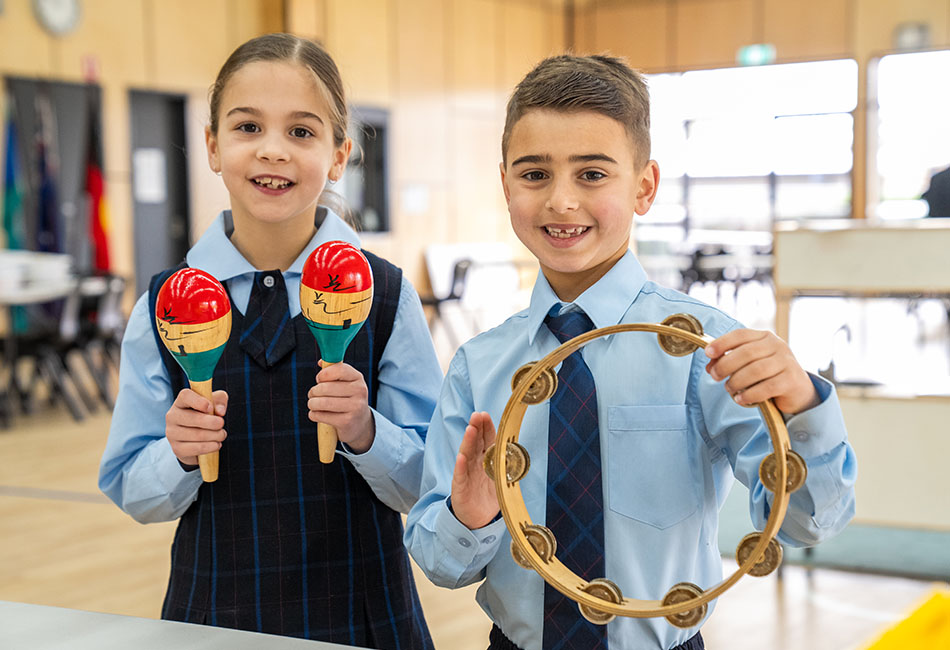
It brings people together
Music also has this incredible way of bringing people together. Whether it’s a lunchtime band rehearsal or a whole-school singalong, music builds community and connection.
The Amadeus Music Education Program at SCS helps foster this sense of belonging and academic growth by giving all students in Years 3 to 8 access to instrumental tuition and experience playing in a musical ensemble.
“When students play music together, something special happens. They listen, they cooperate, and they support each other,” says Jacinta Adams, Supervisor of Amadeus.
Bottom line? Music helps students become better learners, better listeners, and better humans. Enhanced creative thinking, confidence and emotional regulation — these are all benefits of a musical education, and they stick around long after the final curtain call.
An emphasis on excellence in all areas of education – from academic to vocational, sport and the arts – helps Sydney Catholic Schools nurture the potential of all students in their 147-strong network of primary and secondary schools.
Click here to find your nearest Catholic school.

